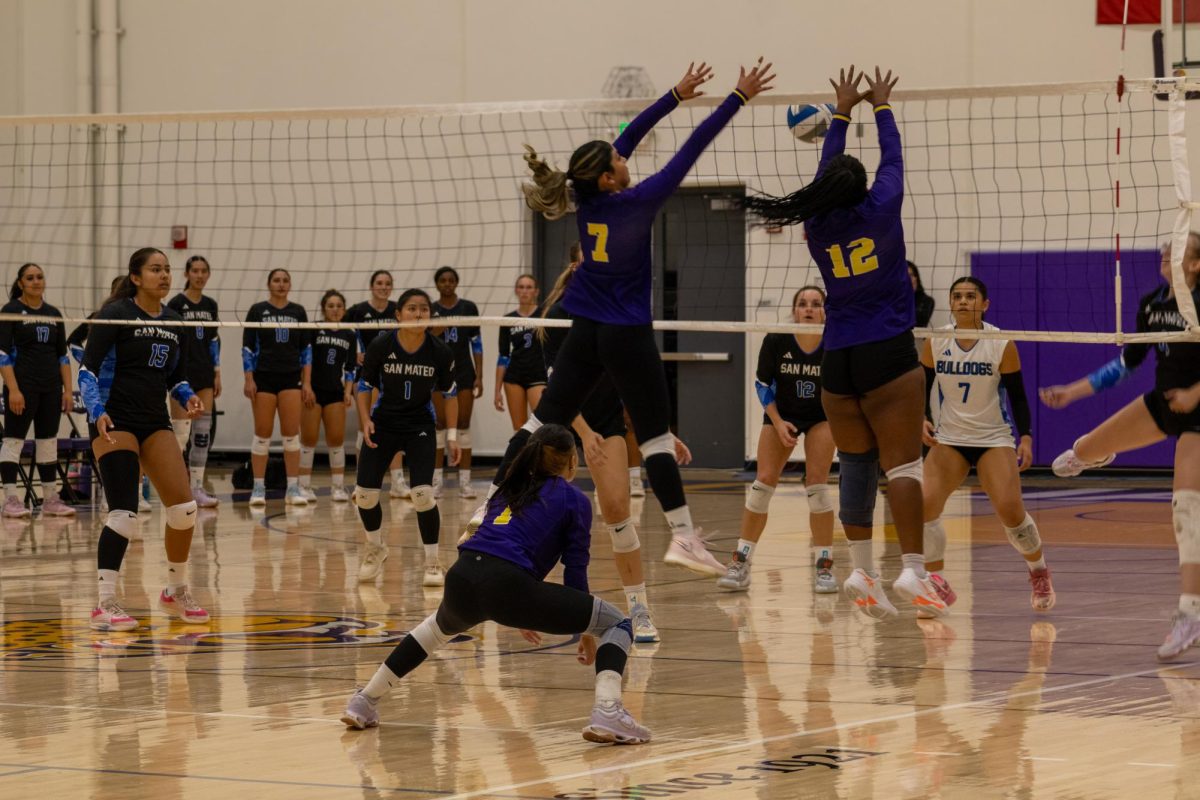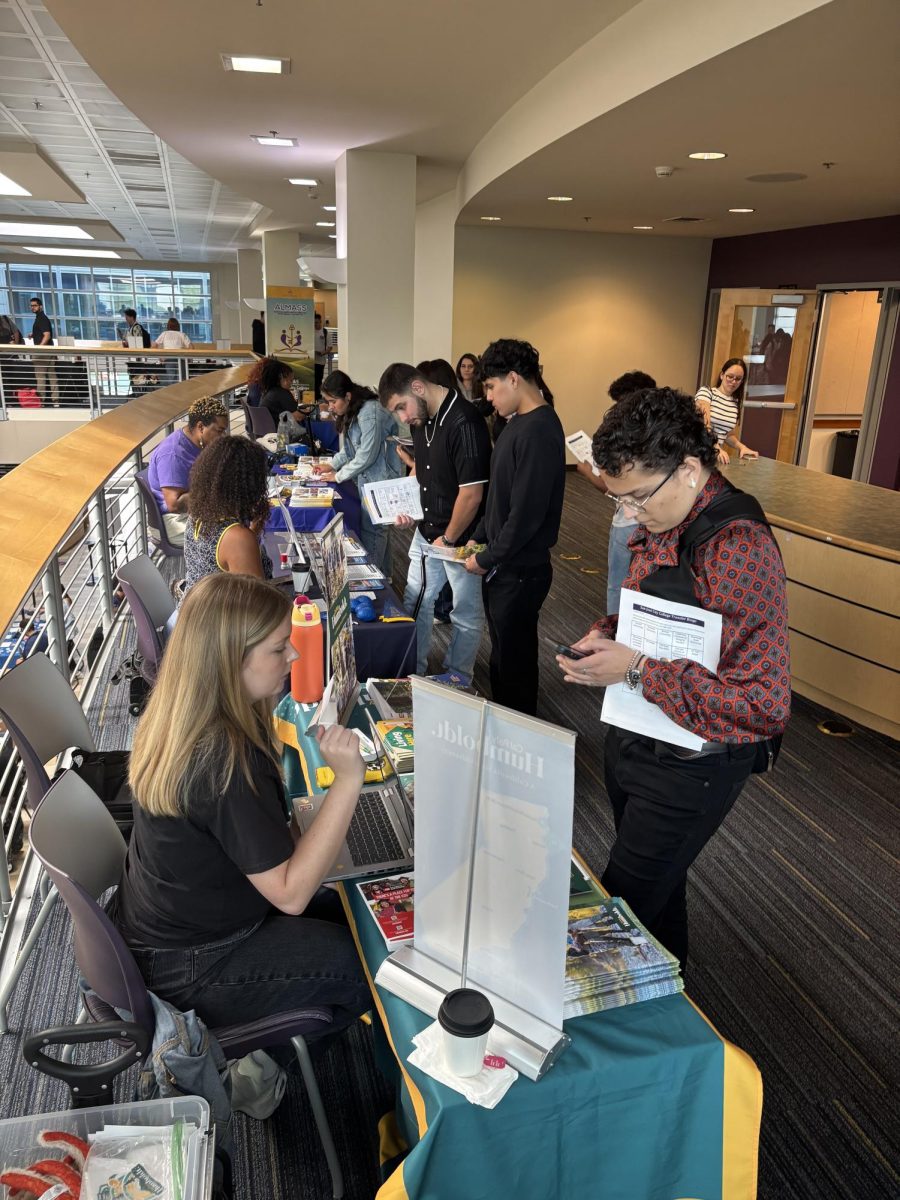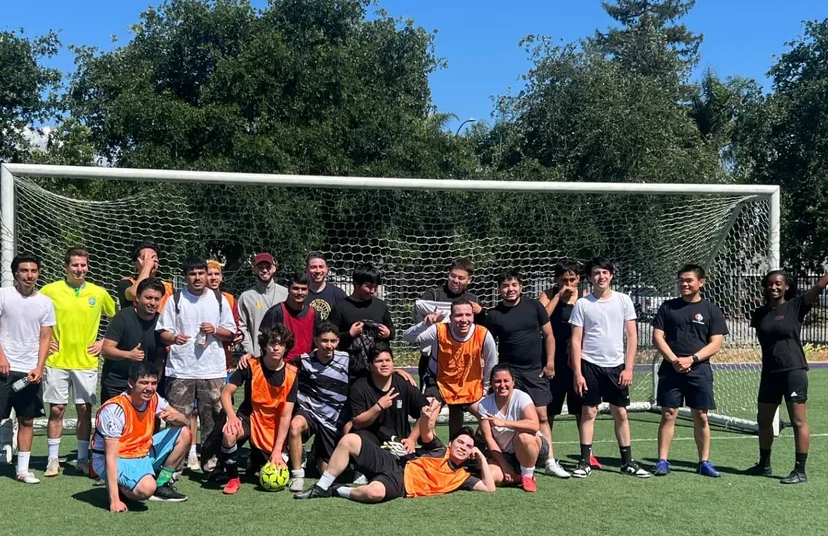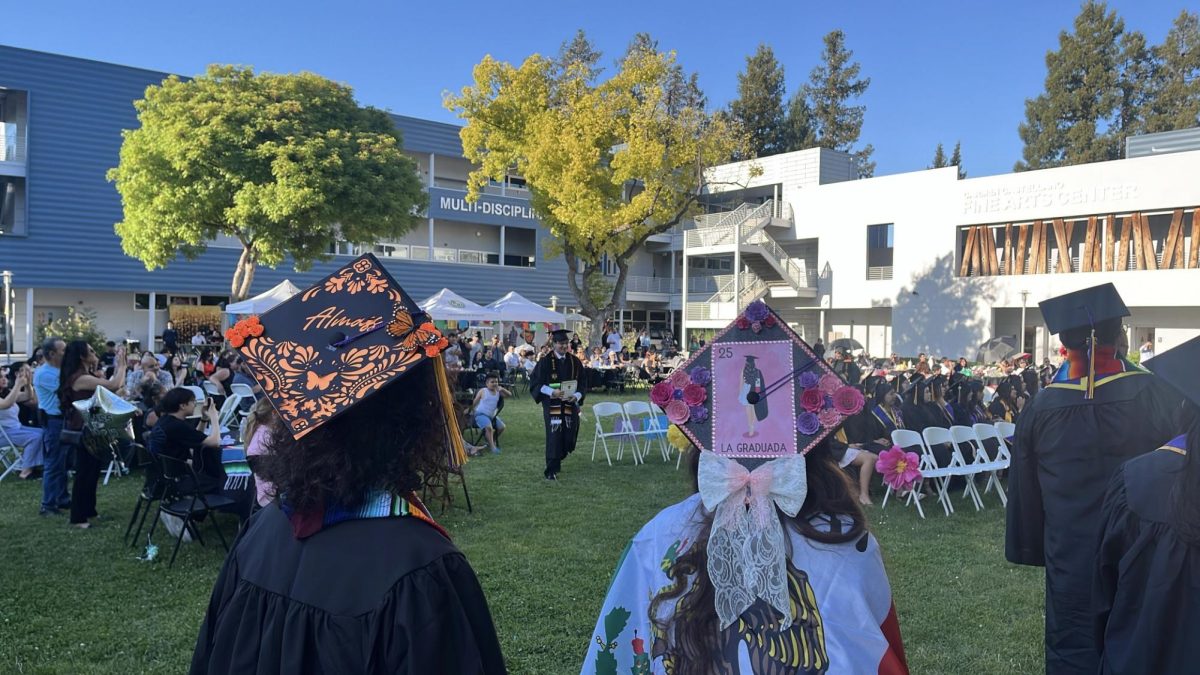Muna Saber, 33, won a Hall of Excellence award for Student Overcoming Adversity on Wednesday, May 17.
Saber moved to America after a troubled life in Iraq when the war against terror began in 2003. She said after the war between Iraq and America, the Iraqi people had returned to Baghdad and started separating the different areas where she and her family lived.
Saber said that they told them, “This area is for Sunni. This area is for Shiite, this area is for Muslims and this area is for Christians.”
The area they were living in was for Sunni Muslims and her father, who was a Muslim Shiite, was killed. She said that her family had nice life when she was younger. They lived in a house that they owned, her father worked at a bank and her mother was a housewife.
“My father was an Iran prisoner for four years in 1980, when the war between Iraq and Iran started and it lasted until 1988,” Saber said. Her three brothers tried retrieving their father’s body, but they were killed because of it and her mother was later killed too.
Their deaths happened during the same day and were all witnessed by Saber.
“I have just one sister who lives in Baghdad with her husband and three children,” Saber said.
She left her country to live in Syria in 2008 and lived there until 2010, when the International Organization of Migration contacted her about visas for Europe, Canada and America.
“When I arrived in America, I lived in Atlanta, Ga.,” Saber said. “I stayed there just one month because we heard every day that they killed an Iraqi refugee. I asked the manager of the organization to move me here (San Jose).”
She described a night of terror she and fellow refugees experienced. They were all alone at night in an apartment, and they heard the door handle moving. They didn’t know who it was, and they were too afraid to ask. “We had a phone, but it didn’t have any service inside the apartment and we couldn’t get outside,” Saber said.
She then moved to San Jose from Dec. 2010 to January 2012.
“The family I stayed with was not good to me,” Saber said. “They treated me like a maid and they took my food stamps to buy food for a New Year’s Eve party. They knew I was a refugee. and that I can’t say anything because I don’t know anyone here.”
Saber ended up moving in with an African family and after that she found a job and moved into an apartment closer to her job. She ended up losing her job and found another, where she had an injury.
After living in California for a year, she registered for first semester at San Jose City College (this past spring) and was encouraged by many of her teachers.
“Some people told me that college is not important,” Saber said. “You have to find a job and I get inspired by school to get a certificate to get a better job.”
Diane Borello, instructional support assistant, ESL Lab, said, “We as individuals never know the sufferings of others and must always look beyond the outside appearance to know the real person.”
Borello said that Saber has been very diligent and dedicated to her studies and is a perfect role model for any college ESL student who has overcome the tragedies of a young life.
“She has chosen to make a better life for herself in the United States by becoming educated with a strong determination to succeed,” Borello said.
ESL instructor Novella Simonson said Saber’s story of survival is amazing and touched her enough to nominate her for the Hall of Excellence award.
“What is even more amazing is her remarkable achievement this semester,” Novella wrote in an email. “She arrived here hardly able to speak English, with no money to buy her books, and has already learned how to write academically accomplished paragraphs and speak English very well.”
“I was so happy when I won,” Saber said. “This makes me feel like I have more responsibility to earn the title.”






